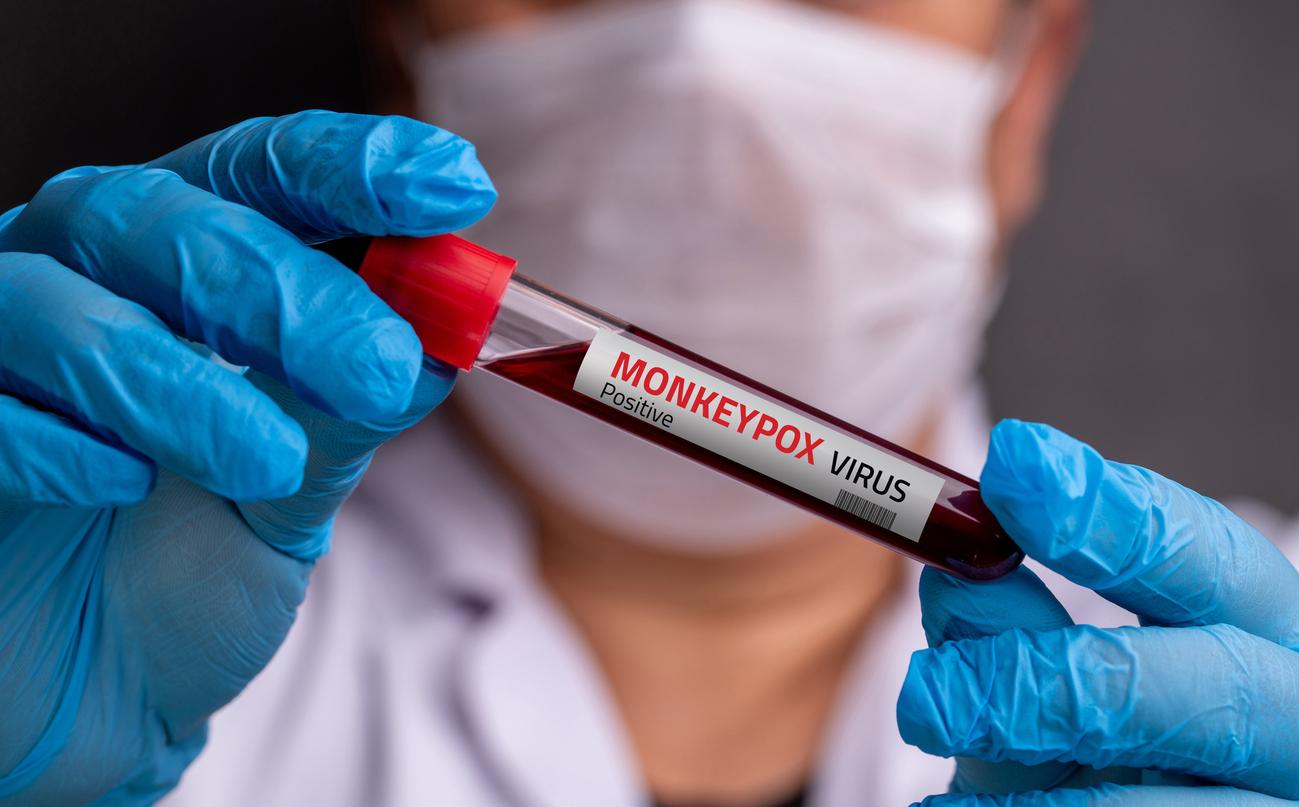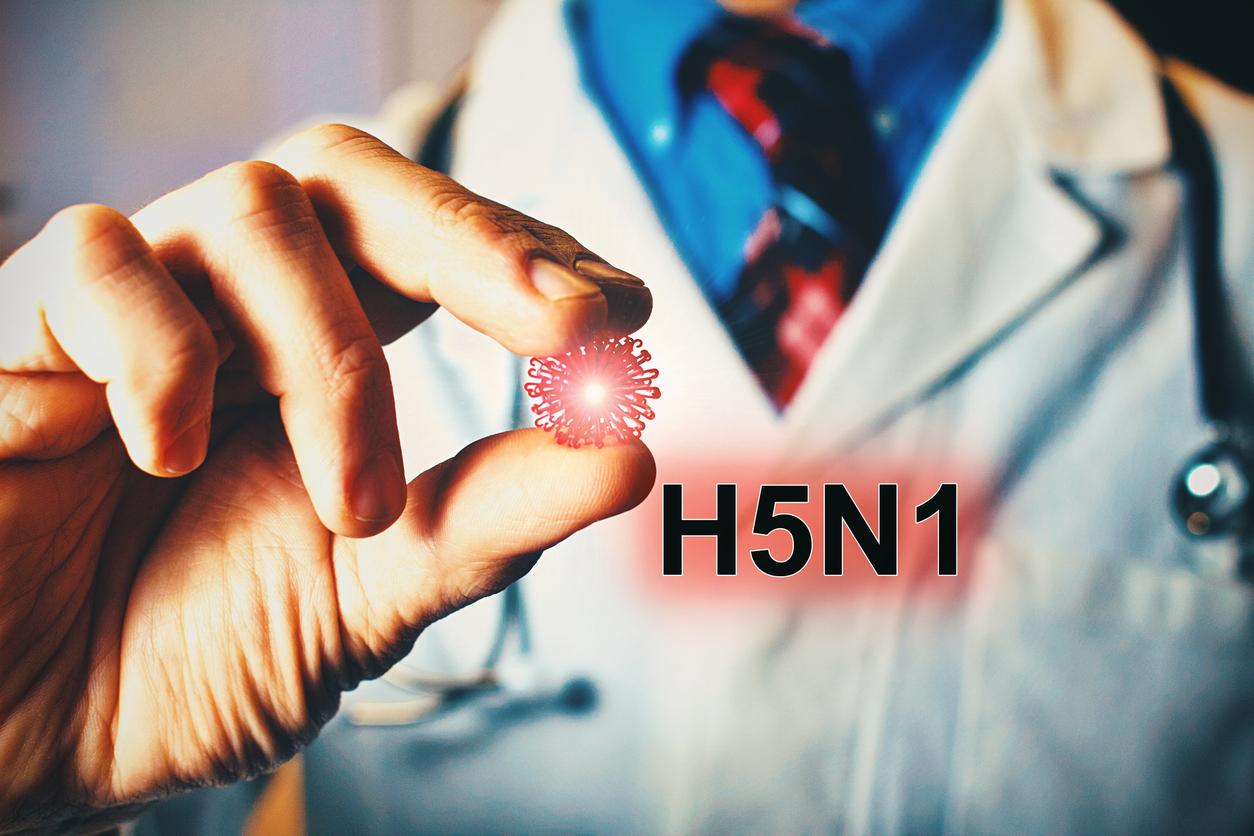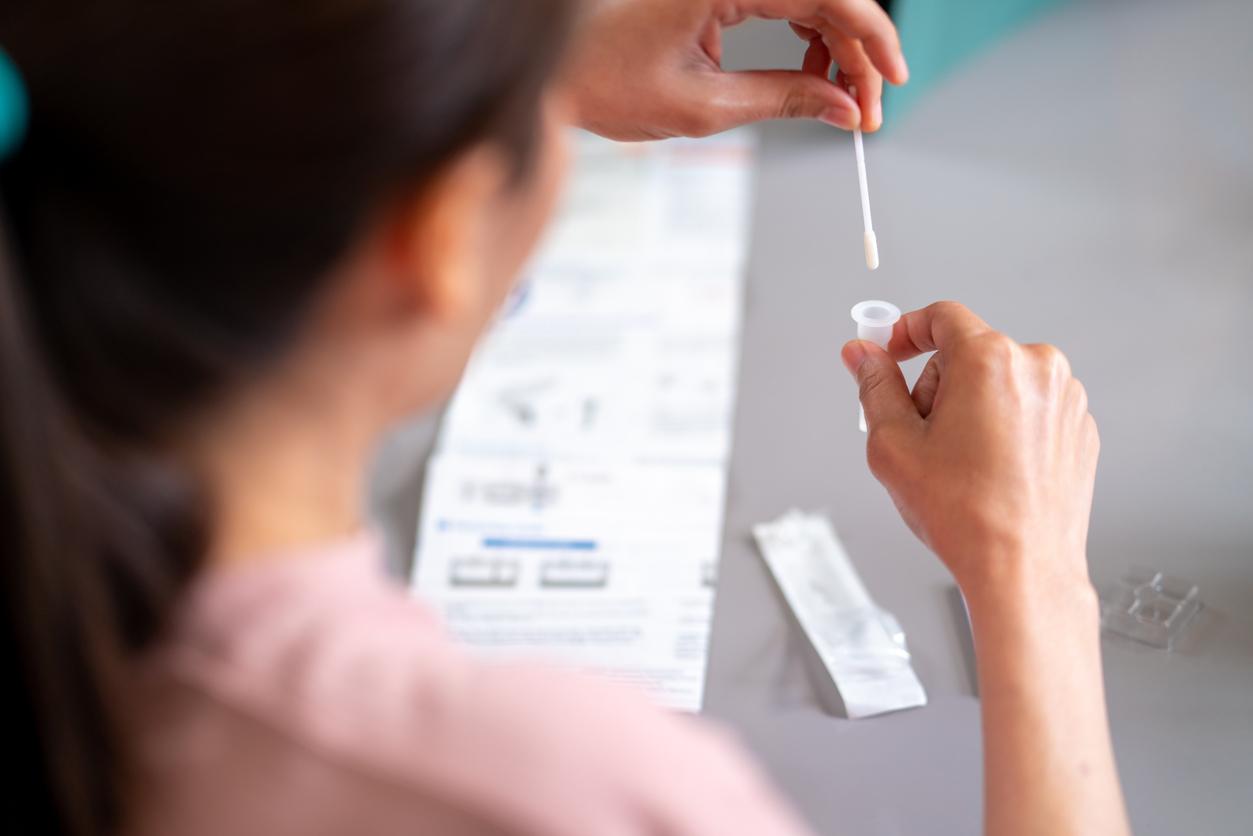“At the start of the school year, get tested and get hepatitis C! This is the message that the SOS hepatitis association is launching at the beginning of September in a major national awareness campaign carried out with the support of the Janssen laboratory. Throughout the month, chronicles will be broadcast on radio, television and the Internet. Produced in the form of interviews with doctors and testimonials from patients, these columns want to inform the public about the need to be screened when we have been able to know about risky situations and about the treatments.
If 73% of the population knows that there is treatment for hepatitis C, 66% do not know that there is a cure for this disease. “However, for hepatitis C, we have treatments with therapeutic combinations with 2 or 3 molecules which allow almost 3 out of 4 patients to be cured, and that is a great revolution” explains Dr Pascal Mélin, doctor and co -founder of SOS-hepatitis. “We can cure it… but the first step is to know that you are the carrier of the disease and to be screened. However, we know that in France, more than 40% of carriers of the hepatitis C virus are patients who ignore each other ”insists the doctor. According to a survey conducted last March by the association, one in 3 French people thinks they may have known in the past a situation of possible contamination by the hepatitis C virus, but among them, one in 2 has never screened.
“In view of the number of potentially affected people who have not been screened, we are launching the“ C NOW, plate hepatitis C ”campaign to raise awareness among people living with hepatitis C without knowing it because, the sooner we treat ourselves, the more there is a chance of being cured, ”emphasizes the SOS hepatitis association.
A toll-free number 0800 004 372 is also available to the general public.
Screening is done by a simple blood test with or without an appointment:
– in a biomedical analysis laboratory, on simple prescription from a general practitioner
– in an Anonymous and Free Screening Center (CDAG) or a Sexually Transmitted Infections Information, Screening and Diagnosis Center (CIDDIST)
















